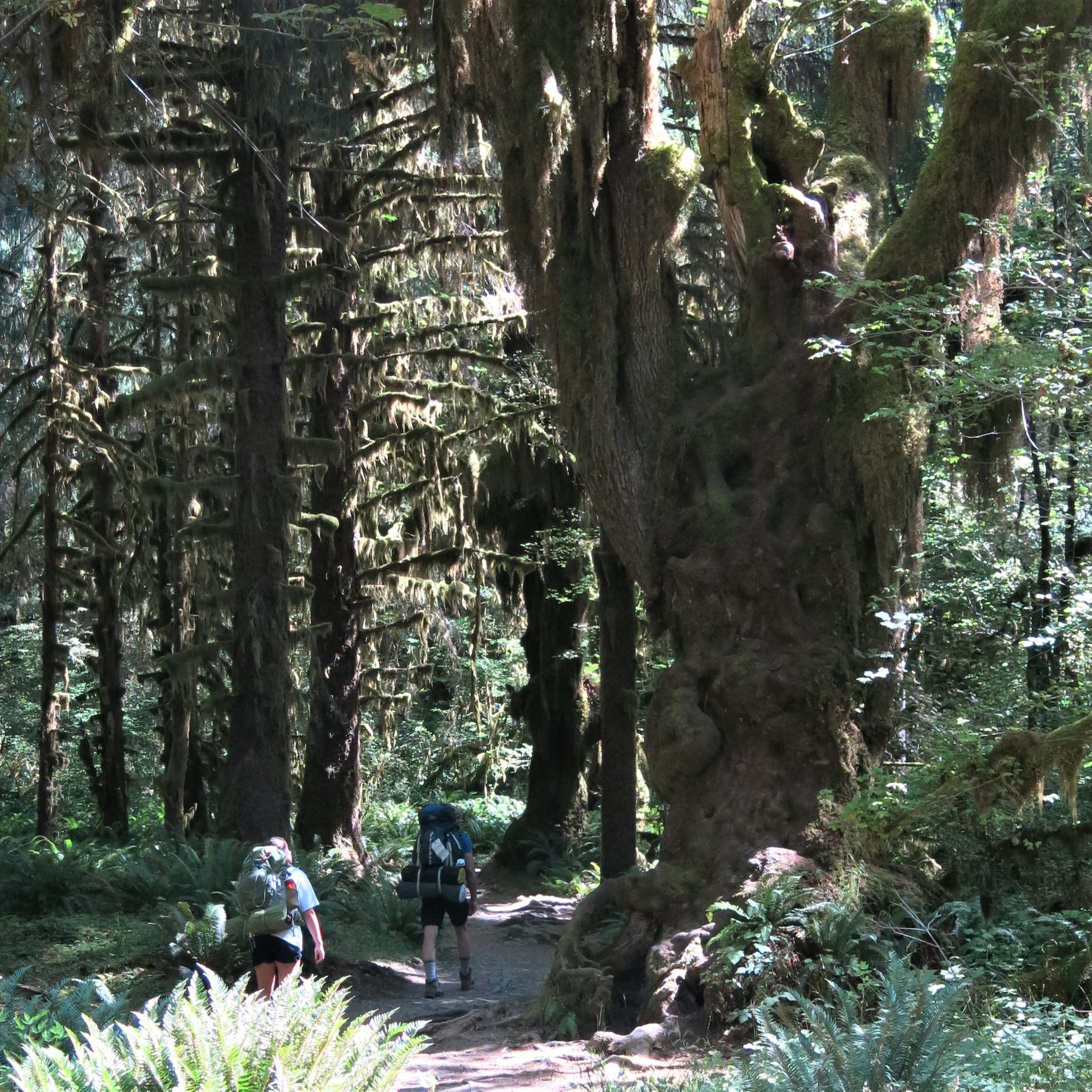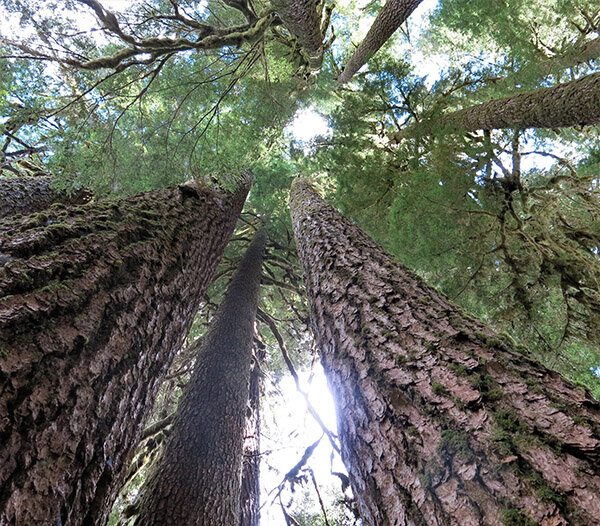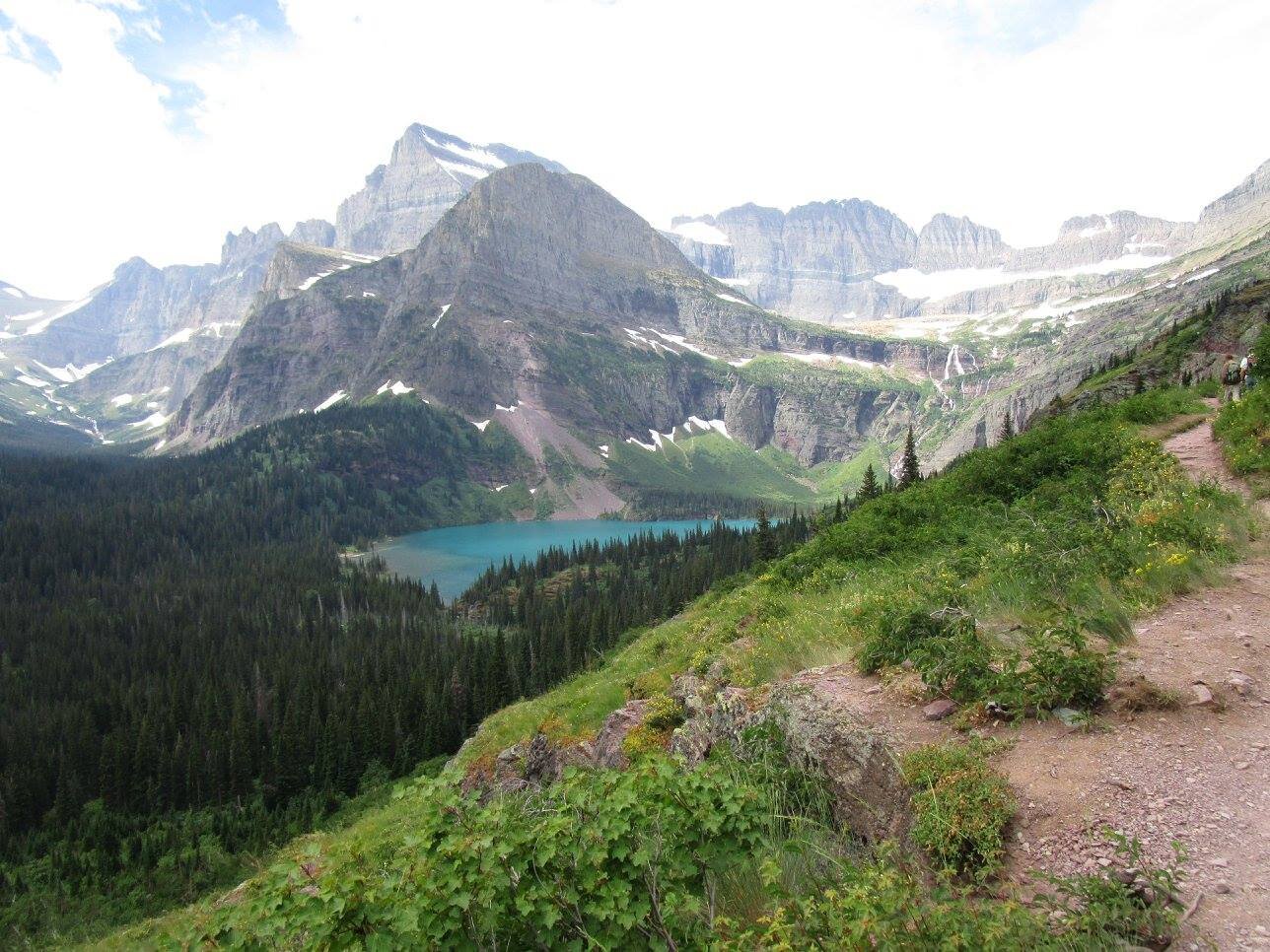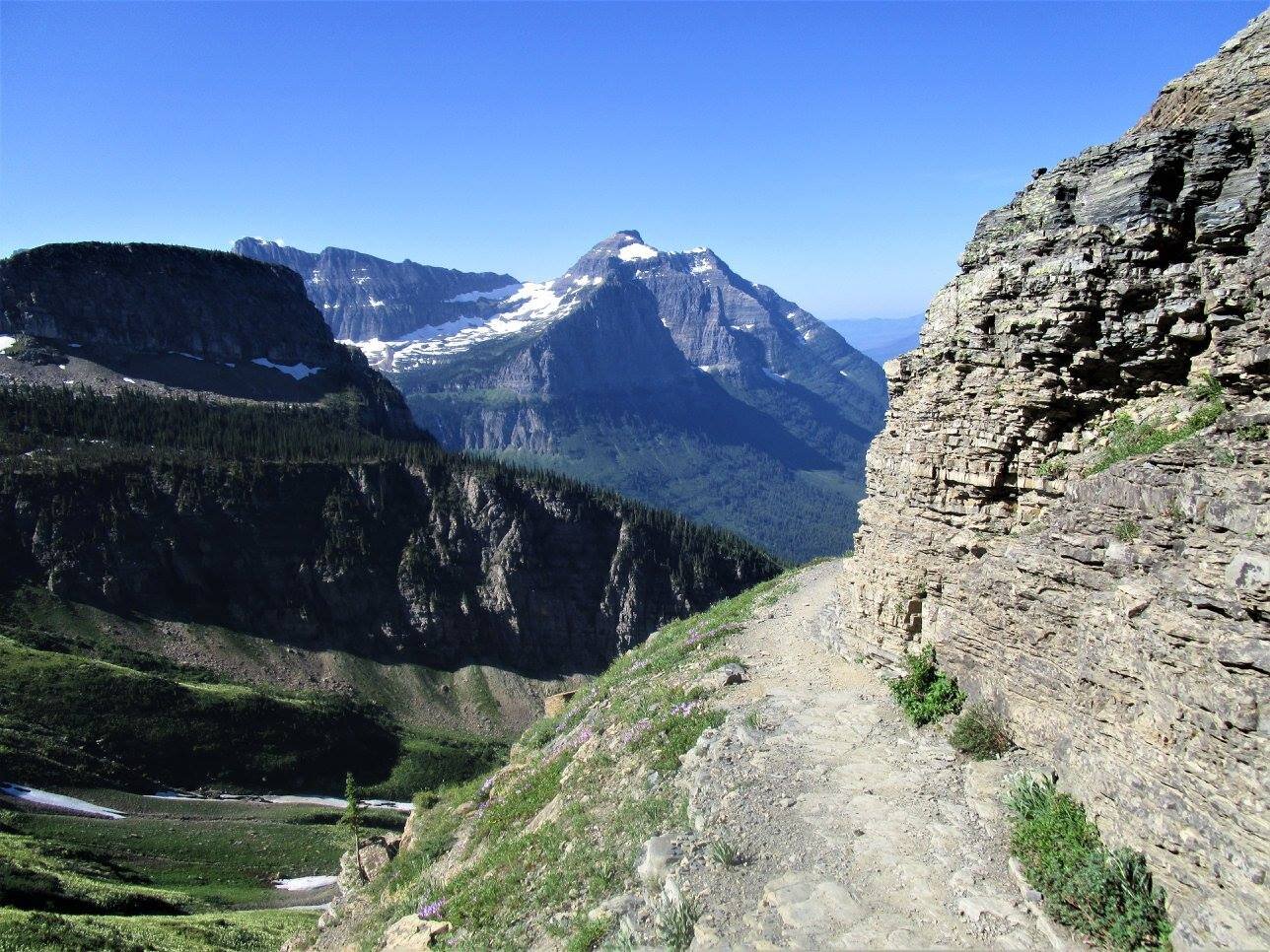Many years and miles of backpacking in America’s wilderness areas have taught me a few things about taking a trail for the first time – about intentionally wandering into a much bigger and wilder world where you are not in control of everything. Visionary and entrepreneurial church leaders are drawn to something analogous – to stepping out in faith onto unfamiliar new paths. Are you ready to finally get out there? Ready to do something bold and different? Ready to go somewhere unknown where you are not in control? Here are six lessons I've learned from taking the trail for the first time.

1. Have a plan and carry a map.
Your sense of adventure and faith are admirable, but a successful journey is going to take some serious preparation and work on your part. Regardless of what you may think, you are not likely the first explorer in these parts. Learn everything you can about where you think you are going. Do the research. Talk with people who have taken that trail. Walk with someone who has taken the trail, if possible. Know as much as you can about what you are getting into. Study the landscape, topography, and the changing weather. Adequately prepare for the dangers and the wonders you may encounter. Know how to use whatever your compass is. If you have no idea what your definition is of true north, then you will never find your way. Sure, you may well decide to deviate from your original course; but creativity works better if you have a clear picture of your context to start with.

2. Carry as little as possible with you.
I do not know a better way to say this than … you do not need more and more stuff to carry on your back. You are not going to make it very far carrying a lot of weight that you don’t actually need. From experience, I can tell you … the more times you take a trail, the lighter your backpack becomes. Thoughtfully pack the necessities you will need for your journey and leave the rest behind. Pare down. Then pare down again. Focus on the basics -- the fundamentals. The problem with most churches is not what they might do in the future – the problem is the drag of all that they think they need to carry with them into the future. Before taking the trail for the first time, lighten your load by removing extra baggage; only take the stuff that matters.
3. Walk with someone you can count on.
Taking a trail for the first time is not something you can do all on your own. It is not likely you will travel with a large group, so choose your companions carefully. Find a mentor, a visionary, an entrepreneur, another leader, or a friend to share the journey. Your trailblazing companions should provide perspective, insight, encouragement, caution, help, and company along the way. Yes, it is possible to trek alone, but you are more likely to successfully reach your destination with trusted companions alongside you.

4. Open yourself up to a new perspective.

Explore. Discover. Ask new questions. Be amazed and awed and blessed. If you have already lost your sense of wonder and amazement, then you are better off staying comfortably at home. Walk with your head up instead of watching your feet. Remember to look around! Stop often just to take in everything. Be open to new ideas -- perhaps even grander than you dared to imagine. Listen well. Write and keep a travel journal.
5. Understand how small you are ... and how astonishingly big the world is.
The wider world is an enormous place that you are just a small part of. That viewpoint may be the most important discovery of your journey. This trail was never actually about you anyway. This journey is about God's plan - the same one that created the wilderness you are exploring. Go discover what else is out there.

6. Mentor: become a trail guide.
Help other people to experience what you have experienced. The trail you walked is not real to anyone else until you help them to step out on their own. You have encountered something inspiring and amazing. That is wonderful! But now, how do you help other people experience that journey for themselves? How can you create and facilitate experiences to help other people walk their own paths of discovery?
Images by Mick Tune

